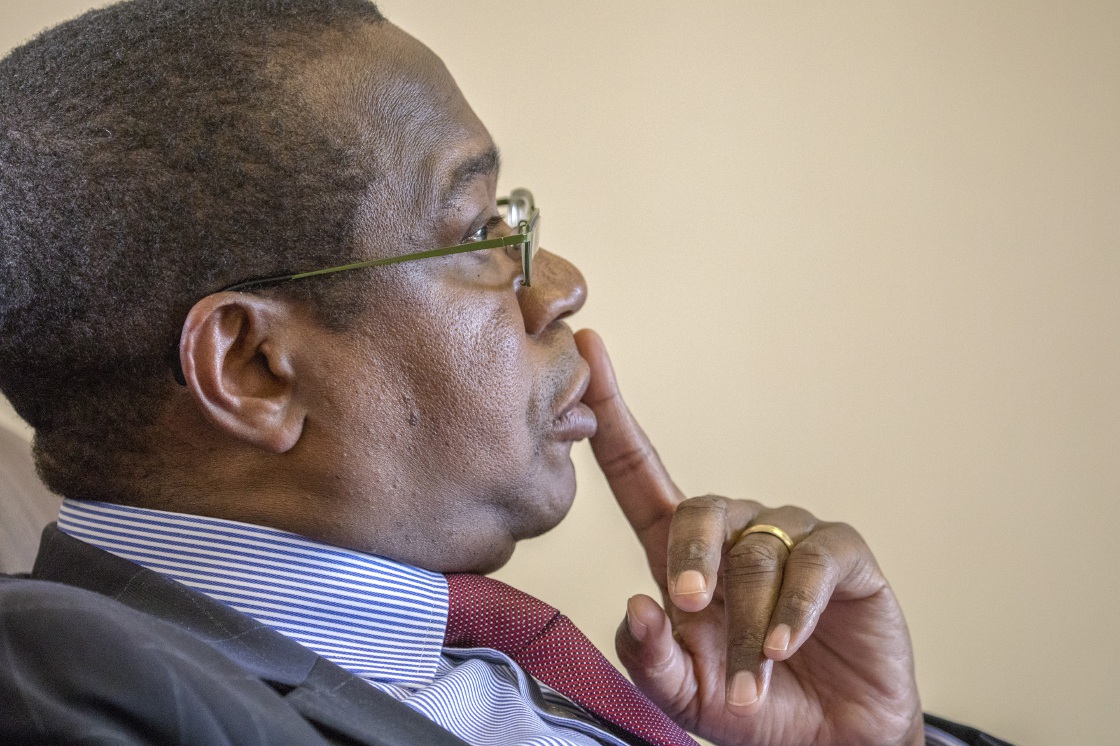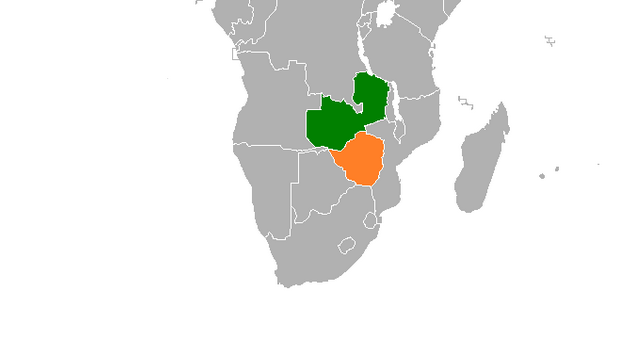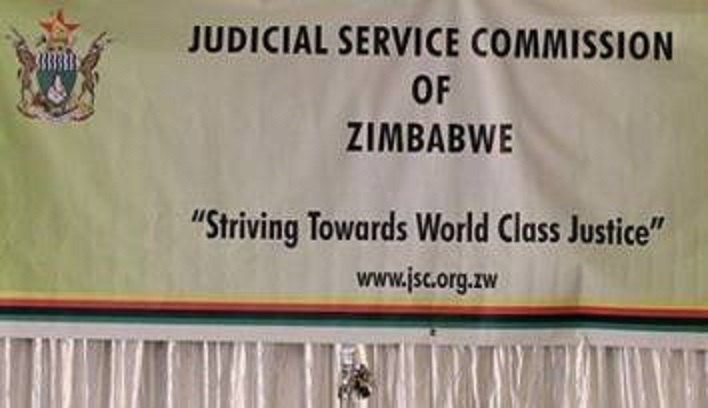The Judicial Service Commission (JSC) is establishing specialised anti-corruption courts throughout the country so that justice is expeditiously served on perpetrators of graft.
The first two such courts are expected to be established in Harare and Bulawayo by the end of March.
By the end of the year, the JSC would have rolled out 10 anti-corruption courts across the country.
This was disclosed by Chief Justice Luke Malaba, a member of the JSC, in his maiden public address during the official opening of the 2018 legal year in Harare yesterday.
Currently, corruption cases are being tried along with other criminal cases at the magistrates and high courts.
"The JSC has embarked on a programme to eliminate corruption through the establishment of specialised anti-corruption courts in each province in Zimbabwe. This is being done in collaboration with other stakeholders in the administration of justice; that is the Anti-Corruption Commission, the National Prosecuting Authority, the Attorney-General, the Zimbabwe Republic Police and the Zimbabwe Prisons and Correctional Services," Malaba said.
"These courts are meant to deal with corruption-related cases expeditiously. We will identify members of staff who will undergo specialised training and be well resourced to man the courts," he added.
The Chief Justice said the establishment of the specialised courts was consistent with the current government policy, which has adopted zero tolerance to corruption.
Malaba, who assumed the apex judiciary job last year following the retired of Godfrey Chidyausiku (now late), said the JSC was working towards the elimination of corruption within the justice delivery system itself.
He acknowledged reports of corrupt court officials, especially in the upper courts namely the High Court, the Supreme Court and the Constitutional Court.
To this end, the Judicial Ethics Advisory Committee has since been established to spearhead the improvement of access to justice as well as lessening corruption within the judiciary.
"Whilst accepting that incidents of judicial of judicial impropriety remain a cause of some concern in the magistrates courts, I am happy to report that no magistrate was charged with corruption-related misconduct in 2017. In the superior courts, whispers about such indiscretions remain very low. We only hope that the strategies being put in place will bring total silence in all the courts.
"Independence and impartiality in the dispensation of justice provide useful objective tools by which to measure the effectiveness of the administration of justice. A corrupt judiciary cannot claim to be totally independent and impartial. It therefore becomes critical to walk the talk in the fight against corruption by putting in place concrete and recognisable measures to address the ills associated with corruption," said Malaba.
He added that the JSC would also introduce an integrated electronic case management system in order to make use of technology to improve access to justice and stamp out corruption.
"The system will assist us to manage, monitor and tack all cases filed in our courts. The system will bring in efficiency in our courts, assist in reducing backlogs and, critically, it will help to eliminate corruption," he said.
Malaba also said he has since commissioned a research on the most suitable integrated electronic case management system for the courts.
The system would help reduce human interaction and do way with physical documents when filing cases, he said.
In suitable cases, he said, witnesses would not have to appear in court to give evidence as virtual hearings would be conducted.
In the past, there have been widespread cases of court documents disappearing after having been filed, leading to cases dying.
There have also been incidents of victimisation of witnesses when they appear in courts.
According to Malaba, the technology will eliminate such incidents.
"On June 27, 2017, I accordingly commissioned the committee headed by a judge of the High Court to spearhead that project and make recommendations on the appropriate integrated electronic case management system for our jurisdiction," he said."It is envisaged that the committee will complete the research and produce its report at the end of February 2018. After the report has been submitted, the JSC will carry out a consultative process with all stakeholders for their input on the proposals by the committee".
- dailynews
 Zimbabwe announces sweeping reforms
Zimbabwe announces sweeping reforms  ZEP holders face renewed uncertainty
ZEP holders face renewed uncertainty  Elon Musk toppled as world's richest man
Elon Musk toppled as world's richest man  ZSE and VFEX recover after weak 1st half
ZSE and VFEX recover after weak 1st half  Gold edges up as traders await guidance
Gold edges up as traders await guidance  Spur wants a bigger bite in Zimbabwe
Spur wants a bigger bite in Zimbabwe  Young Investment Professional (YIP) Graduate Programme 2019
Young Investment Professional (YIP) Graduate Programme 2019 











 Young Investment Professional (YIP) Graduate Programme 2019
Young Investment Professional (YIP) Graduate Programme 2019
Editor's Pick